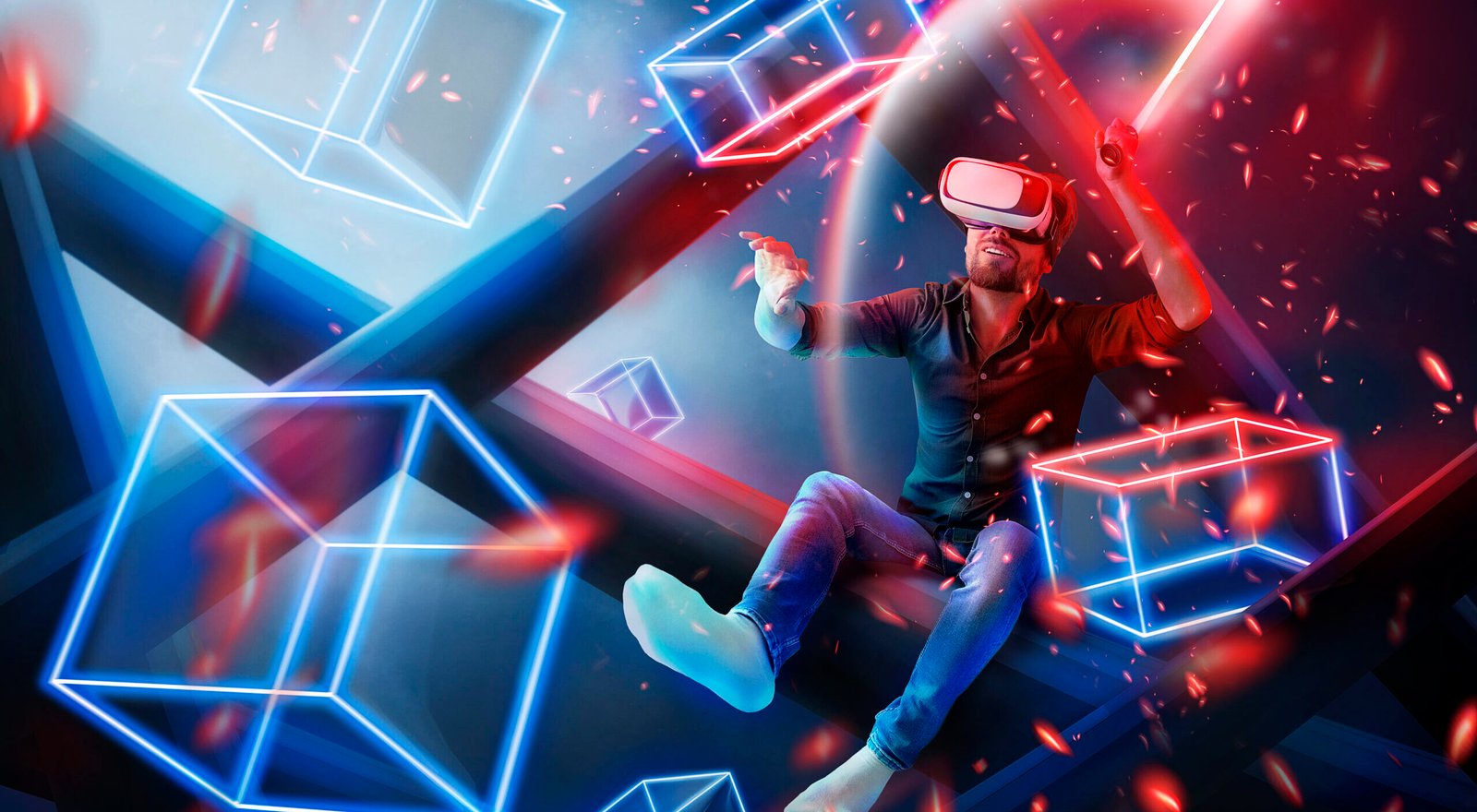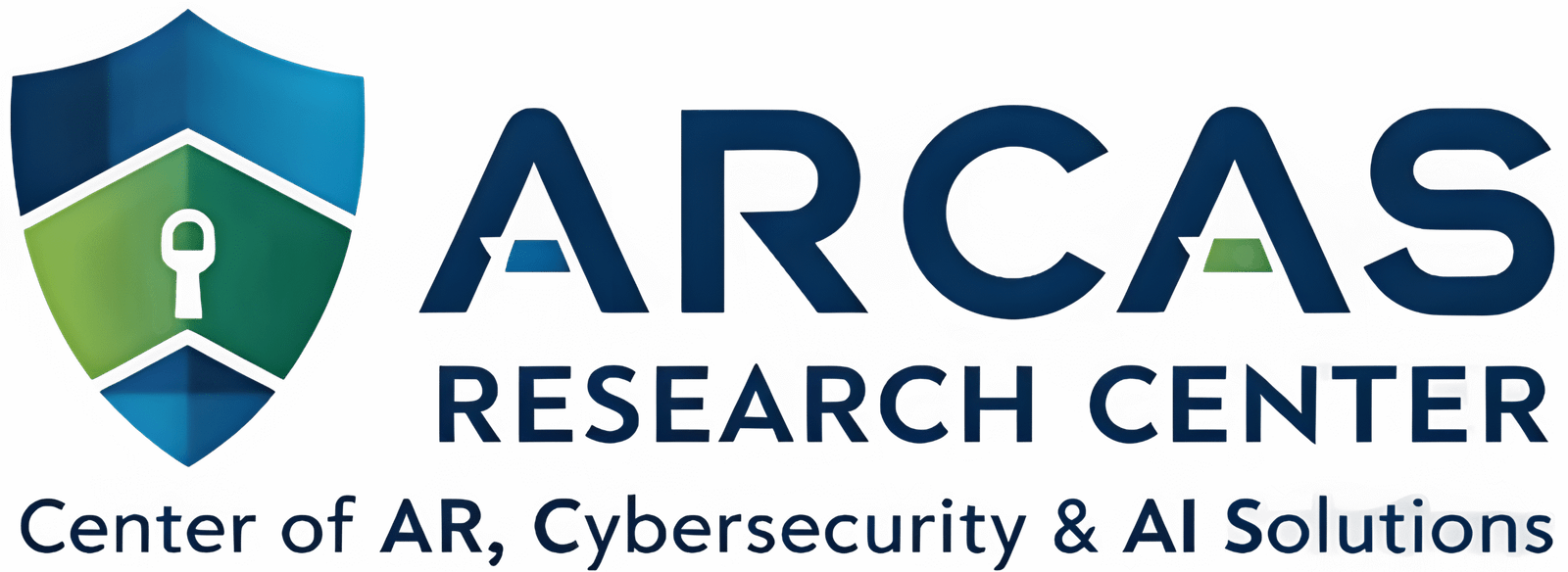Customizable VR Content Platforms: Develop an open-source, customizable platform where educators can create and share VR content. This would include tools for building interactive elements such as 3D models and simulations that can be tailored to specific educational needs.
VR Curriculum Integration: Design a framework for integrating VR modules into existing curricula across various educational levels and subjects. This integration should be guided by educational standards and learning objectives to enhance the existing educational framework.
Training Programs for Educators: Implement training programs that equip educators with the necessary skills to create and deliver VR content. This includes technical training on VR systems and pedagogical training to optimize VR for educational outcomes.
Accessibility Enhancements: Address accessibility issues by developing lightweight, low-cost VR headsets and ensuring that VR educational content is usable on various devices, including low-end smartphones and tablets. This broadens access to VR education across different socioeconomic groups.
Longitudinal Studies on VR Impact: Conduct long-term studies to assess the impact of VR on learning outcomes, including retention rates, engagement levels, and cognitive development. This data will help refine VR educational strategies and demonstrate the value of VR learning.
By addressing these areas, the VR research aims to provide a comprehensive understanding of how VR technology can be effectively harnessed to transform educational experiences, making learning more engaging, accessible, and effective across diverse educational settings.

ARCAS research center sits within the MUBS university, but works closely with other research centers across the globe. The center’s themes are cross-cutting research domains; therefore, we are working closely with other research centers/groups within the University, fostering interdisciplinary research. Our vision is to carry out world-leading theoretical and applied research within the center’s defined themes, and with our expertise, we will work with partners and foster international collaboration and knowledge exchange. The main research themes for the center are Augmented Reality, Artificial Intelligence and Cybersecurity.

Artificial intelligence (AI) represents a dynamic sector for research centers dedicated to enabling machines to mimic human behavior, effectively automating intelligent actions. This fascinating field encompasses a variety of applications, including strategic game playing, sophisticated expert systems, advanced natural language processing, and innovative robotics. In ARCAS, AI is broadly categorized into two primary projects, each with its unique focus and methodologies.

ARCAS research center sits within the MUBS university, but works closely with other research centers across the globe. The center’s themes are cross-cutting research domains; therefore, we are working closely with other research centers/groups within the University, fostering interdisciplinary research. Our vision is to carry out world-leading theoretical and applied research within the center’s defined themes, and with our expertise, we will work with partners and foster international collaboration and knowledge exchange. The main research themes for the center are Augmented Reality, Artificial Intelligence and Cybersecurity.
Center of Augmented Reality, Cybersecurity, and
Artificial Intelligence Solutions (ARCAS) is a hub for
advancing knowledge and fostering collaboration in the
critical field of cybersecurity and AI. Here, researchers
explore the exciting potential of artificial intelligence to
create powerful new defenses against cyber threats.


er old collecting she considered discovered. So at parties he warrant oh staying. Square new horses and put better end.
09:00 Am - 11:00 Pm
© 2024 Created with Royal Elementor Addons